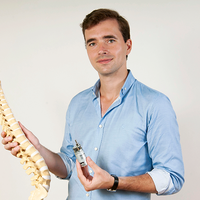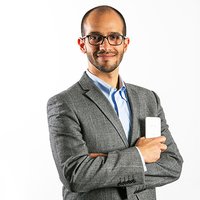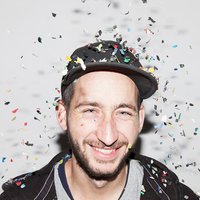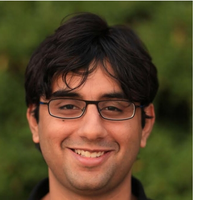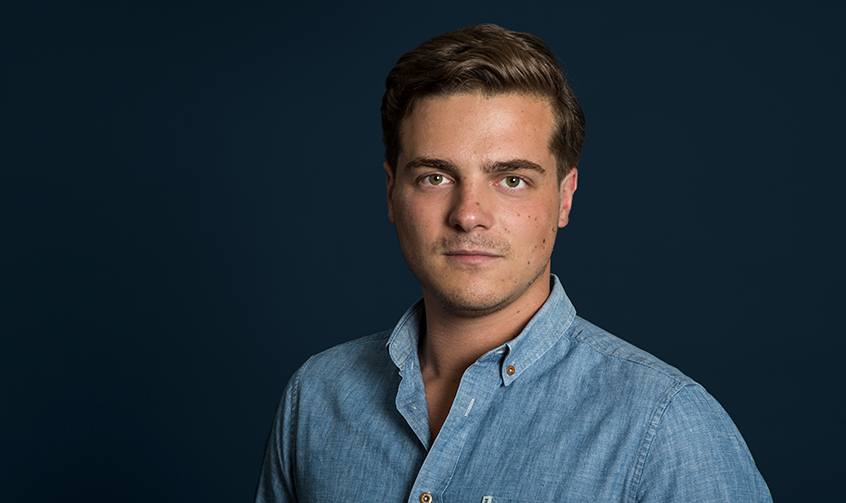Recent studies conducted by the US Centers of Disease Control and the World Health Organisation show that over one third of the world’s population is not getting enough sleep. Millions of drowsy people lead to dangerous roads, productivity losses and impaired learning or decision making capabilities, and increase the risk of suffering some of the most significant health risks we face today, such as heart disease, Alzheimer´s, Parkinson´s, diabetes, cancer and obesity.
Sleeping pills and other medical solutions designed to help people sleep can be addictive and invasive and provoke strong side effects. Consumer solutions like wearables and sleep trackers have not done much better due to the simplistic and passive nature of these technologies which are still struggling to offer accurate and efficient results. Enter Hugo Mercier, a young French entrepreneur with an IQ of 155 who promises to put an end to an increasingly sleep deprived society with Dreem: the first active, non-invasive wearable that improves sleep quality.
Hugo began to explore the brain as an engineering student at the École Polytechnique in Paris (France) when his grandfather, a famous wrestler, was diagnosed with Alzheimer's disease. What he learned turned into a project, and later, the foundations of Rhythm: a neuroscience company whose consumer technologies aim to enhance human potential through brain stimulation. Three years later, with over 20M€ raised in private funding, Rhythm has scaled up to 70 employees and Dreem, the first of these devices.
Slow-wave sleep (SWS) is the phase of our sleep cycle during which most memory consolidation and cellular regeneration takes place – in other words, our brain, body and muscles recover from the day during this phase of sleep. Through a headband with embedded sensors and a powerful miniaturised computer, Dreem records and analyses the brain’s electrical activity (EEG) in real time and uses this data to analyze the structure of our sleep patterns and trigger ‘pink noise’ tones to enhance the quality of our SWS. The wearable also features a "smart alarm" that ensures the user is woken up during the optimal phase of the sleep cycle. Benefits include a reduced fatigue and enhanced cognitive abilities such as improved memory and concentration.
Consumers using Dreem generate data which leads to new knowledge about the brain and ultimately to the development of new features which will attract new consumers. Through this virtuous cycle, Hugo believes Rhythm has the potential to accelerate and disrupt sleep research by becoming the world’s largest sleep research entity. Applications he envisions for the future? Monitoring brain activity to detect early patterns associated with cognitive disorders like Alzheimer´s before later stage symptoms present, and further our understanding of how our brain reacts to certain contents in order to optimise educational tools to fit the brain. Given Hugo’s professional trajectory, no doubt these innovative applications will soon find their way out of the science-fiction realm and into the mainstream.
“Mr. Mercier has built a company with an eye on continuing development, and also aims to serve both consumers and science through his endeavour: a rarity,” says Emmanuelle Tognoli, Associate Research Research Professor at the Center for Complex Systems and Brain Sciences and jury panel member for Innovators Under 35 Europe 2017.
By Paula Oriol
Translation: Teresa Woods
